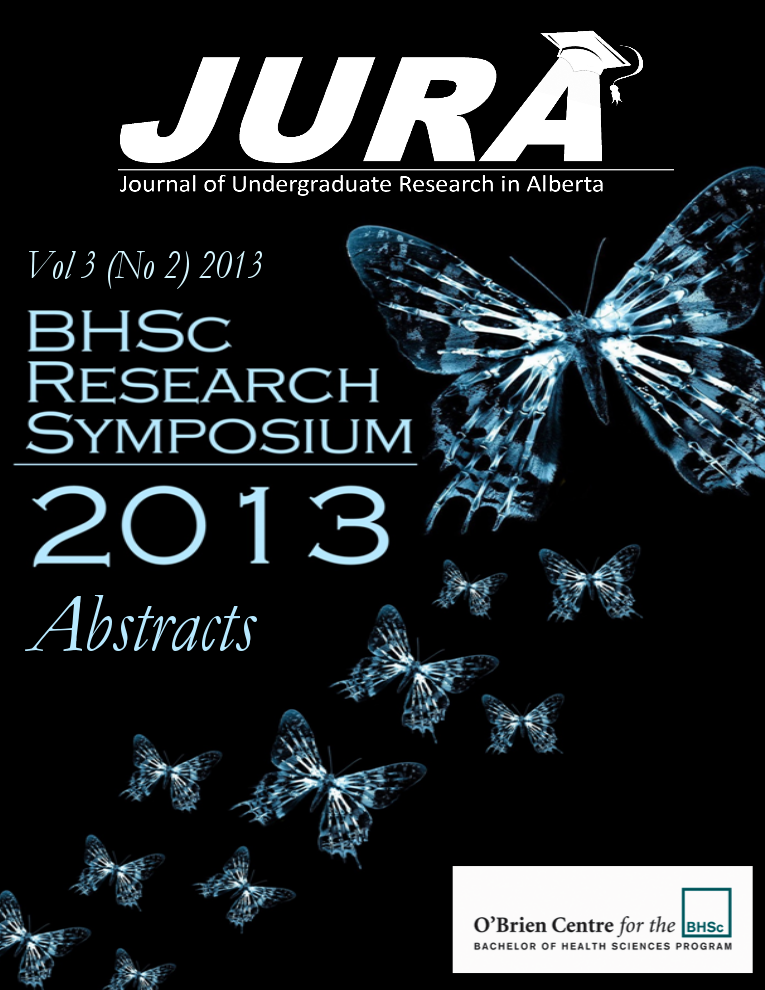The Association Of Antenatal Mental Health And Obstetric Interviews
Keywords:
antenatal anxiety, antenatal depression, obstetric complications, mode of deliveryAbstract
Introduction
The literature is inconsistent regarding the association of antenatal mental health and obstetric interventions [1]. Results of two systematic reviews on this topic indicated that this inconsistency may be due to the use of different scales and small sample sizes and that studies with large sample sizes may contribute to understand these associations [1, 2]. The aim of this study was to investigate the following question what are the association between antenatal anxiety and depression and obstetric interventions including mode of delivery, pain management, induction, and instrumental delivery among a community sample of pregnant women in Alberta?
Methods
This study is a secondary analysis of data from the All Our Babies (AOB) study, a community-based longitudinal study in Calgary, Alberta [3]. The participants in this study were women with singleton pregnancies who had medical chart data (N=2,665). Mental health data was derived from questionnaires filled out in the 2nd trimester and 3rd trimester of pregnancy. Anxiety was measured by Spielberger State Anxiety Inventory (SAI) and depression by Edinburgh Postnatal Depression Scale (EPDS). Obstetric data including pain management, induction and instrumental deliveries were derived from the medical chart. Mode of delivery data was derived from self-report questionnaires. Bivariate associations between obstetric interventions and demographic, obstetric, and mental health variables were examined. Using separate logistic regression models, associations between obstetric interventions and mental health were assessed while controlling for demographic and obstetric variables.
Results
The majority of participants were married or common-law (95.5%) and Caucasian (79.6%), and had household incomes of $80,000 or more (71.6%). At the bivariate level, mode of delivery was associated with anxiety and depression; no association was found between other obstetric interventions and antenatal depression and anxiety. Controlling for marital status, income, ethnicity, hospital delivery setting, gestational age, previous history of caesarean, pre-pregnancy BMI, assisted conception, and antepartum risk score in logistic regression, we found no association between most obstetric intervention and antenatal mental health; However, women with depressive symptoms in the third trimester were twice more likely to have emergency caesareans without labour compared to women without depressive symptoms (p=0.042).
Conclusion
In general, the data shows that there is no relationship between antenatal mental health and obstetric outcomes. Limitations of this study include the exclusion of women for whom medical chart data were not available and the reliance of self-report questionnaires for determining mental health. However, strengths of this study include access to a large sample size and controlling for several demographic and obstetric variables. Further research into this area is needed to verify these results.
References
Littleton, H. L., Breitkopf, C. R., & Berenson, A. B. Am J Obstet Gynecol, 196(5): 424–432, 2007
McDonald, S.W., Lyon, A.W., Benzies, K.M., McNeil, D.A., Lye, S.J., Dolan, S.M., Pennell, C.E, Bocking, A.D., Tough, S.C. BMC Pregnancy Childbirth, 13 Suppl 1:S2, 2013
Downloads
Additional Files
Published
Issue
Section
License
Authors retain all rights to their research work. Articles may be submitted to and accepted in other journals subsequent to publishing in JURA. Our only condition is that articles cannot be used in another undergraduate journal. Authors must be aware, however, that professional journals may refuse articles submitted or accepted elsewhere—JURA included.


